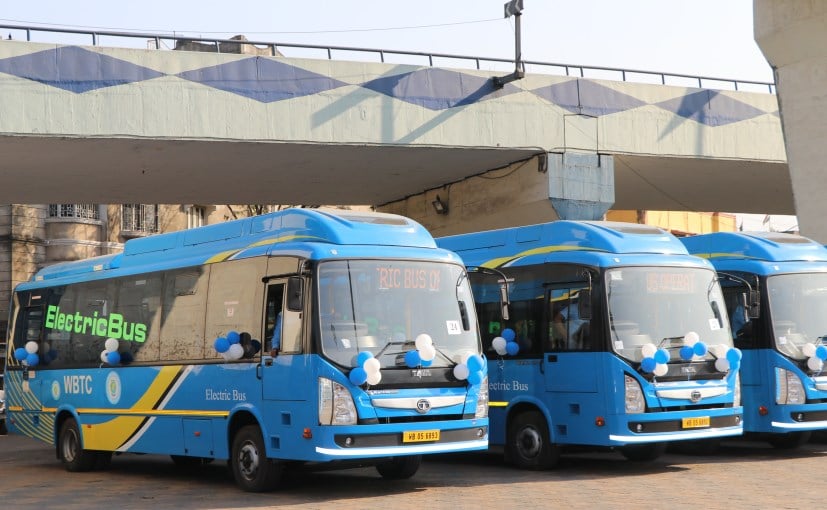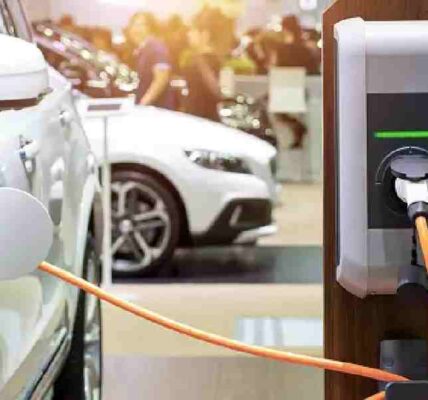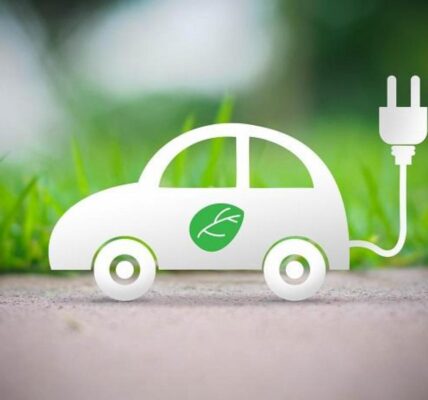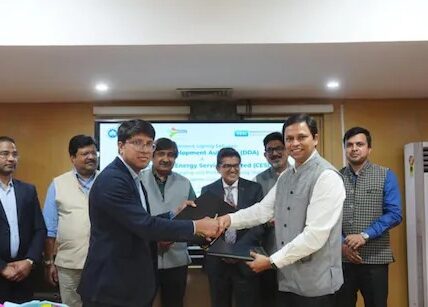India E-Bus Industry Report 2025: Market To Grow At A CAGR Of ~86% To 2030, Driven By Government Policies, Environmental Concerns, and Battery Advancements
Dublin, March 25, 2025 (GLOBE NEWSWIRE) — The “E-Bus Market in India (2025-2030)” report has been added to ResearchAndMarkets.com’s offering.
In FY 2024, a total of 3,708 units of electric buses were sold across the country. By the end of FY 2030, around 1,52,918 units of electric buses are expected to be sold, expanding at a compound annual growth rate (CAGR) of ~86.00% during the FY 2025 – FY 2030 period.
The Indian e-bus market is poised for significant growth, driven by government policies, environmental concerns, and advancements in battery technology. The transition from diesel to electric buses aligns with India’s commitment to net-zero emissions and urban mobility sustainability. Incentives under the FAME scheme, state-level policies, and domestic manufacturing push are accelerating adoption. With increasing fleet electrification and investment in charging infrastructure, the sector is set to transform public transportation in the coming years.
Market insights:
The market is propelled by central and state-level incentives under the FAME-II scheme and National Electric Bus Programme (NEBP). The recent Union Budget 2025 extends customs duty exemptions on 35 capital goods for EV battery manufacturing, lowering costs and boosting domestic production. The Clean Tech Manufacturing Program will further enhance the EV ecosystem by supporting motor, controller, and battery production.
By 2030, India aims to deploy 50,000 electric buses nationwide, significantly reducing dependence on fossil fuels. With states like Delhi, Maharashtra, and Tamil Nadu leading fleet electrification, procurement of e-buses through the GCC (Gross Cost Contract) model is gaining traction, ensuring steady revenue streams for operators.
Key trends:
The Indian e-bus market is undergoing rapid transformation, driven by advancements in battery technology, charging infrastructure, and policy incentives. The government has extended customs duty exemptions on 35 capital goods for EV battery manufacturing, reducing costs and boosting local production.
Additionally, battery-swapping and fast-charging infrastructure are being prioritized to minimize downtime and enhance operational efficiency. Cities like Mumbai and Bengaluru are pioneering dedicated EV zones with high-speed charging hubs. Another significant trend is the adoption of AI-driven fleet management systems, which optimize route planning and energy efficiency. Moreover, the inclusion of MSMEs in the EV supply chain under the Clean Tech program is accelerating localized manufacturing, reducing dependency on imports.







